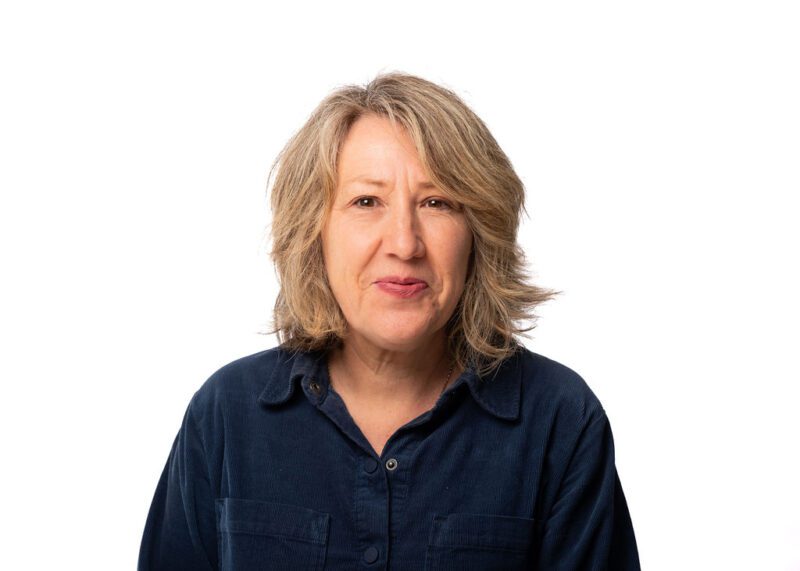-
Anna TaylorFood Foundation
-
Dr Rosemary GreenLondon School of Hygiene & Tropical Medicine
-
Shona GoudieFood Foundation
Project overview
This project aims to re-shape the public narrative on dietary inequality and catalyse purposeful action from policymakers and businesses.
Why is this important?
Diet is now the biggest risk factor for premature death in the UK. People on low incomes eat less healthily than those on a high income and are more likely to be obese. Before the pandemic, 10% of UK households reported very low or low food security, meaning that normal eating patterns are disrupted due to a lack of money. The COVID-19 pandemic severely exacerbated dietary inequalities.
Poverty, food insecurity and food inequalities are contributing to decreasing life expectancy in some of the most deprived areas of England. Meanwhile, the food system in the UK encourages unhealthy diet. One in ten children now start school already obese, and current government policies aimed at improving nutrition in pregnancy and childhood are failing to deliver their intended outcomes.
What does it involve?
The project team intend to shift public narratives and stimulate sustainable policy solutions and business action by:
- Analysing and communicating the manifestations of dietary inequality.
- Developing evidence to prevent dietary inequality in children.
The project will use a mixed methods approach combining secondary analysis, interviews, focus groups and video case studies to explore:
- The experience of dietary inequality among high-risk groups, including single parents and people with No Resource to Public Funds.
- The impact of the food system on maternal nutrition in pregnancy.
- How funds are currently allocated to school food and how its value can be optimised for children’s wellbeing.
To assess the cost of a healthy diet, the researchers will work with the University of Oxford to update the concept of a nutritionally adequate household ‘food basket’. The basket will reflect changes in prices, availability, demography, cultural preferences, and environmental sustainability.
How will it make a difference?
The project will create an interactive online library of policies affecting children’s food, with summaries and commentary for policymakers. The annual Broken Plate report will provide an overview of the state of the UK’s food systems. The findings and policy analysis will be brought to life by a panel of Young Food Ambassadors and adult citizen panels. The team will also publish a manifesto for tackling dietary inequalities in the run-up to the 2024 General Election.
Update:
The Nuffield Foundation has provided an additional £79,250 and a 1-year extension to enable the Food Foundation to:
- Produce the 2024 edition of the Broken Plate report.
- Conduct a small scale photovoice study to demonstrate real life, place-based examples of food environments.
- Continue using the research outputs to disseminate findings and engagement with policymakers and key stakeholders.








































